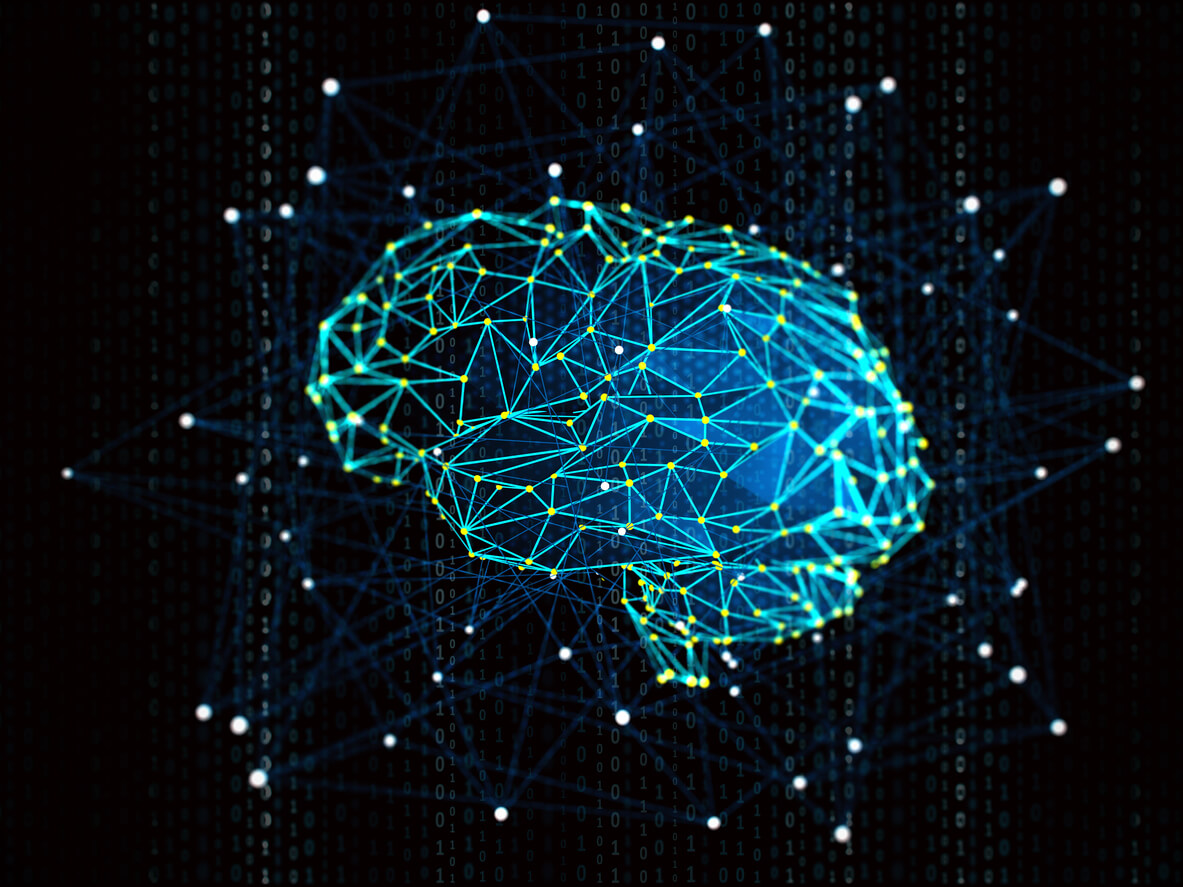The government must fully implement its artificial intelligence (AI) sectordeal to ensure that the number of jobs created by AI and automation balance the number of jobs lost, PwC has stated in its latest report.
The £1bn deal is intended to put the UK at the forefront of the AI industry.
PwC’s UK Economic Outlook reported that many middle management and back-office jobs are being automated using computers, and there are more to come as AI is deployed more widely across the economy.
It stated: “Automated trading has already displaced many jobs in financial markets and driverless vehicles have the potential to do the same in transport in the coming decades, while robots spread from factories to construction sites and warehouses in increasing numbers. But as well as displacing jobs, new technologies like AI also create them, although the way in which this happens is more complex and less direct.”
Although up to 20% of existing UK jobs could be at high risk of being automated, PwC noted that the transportation and storage sector could see the highest proportion of existing jobs at risk (nearly 40%).
Meanwhile, the health sector and the professional, scientific and technical services sector stand to benefit the most from AI in terms of additional jobs created, while manufacturing and public administration and defence stand to benefit the least.
Beyond the displacement of 20% of existing UK jobs by 2037, PwC estimated that AI and automation could create a similar number. In absolute terms, about seven million existing jobs are projected to be displaced, but about 7.2 million are projected to be created, according to PwC’s estimates.
Health and social work is expected to see the biggest rise in jobs, with 955,000 new positions created by 2037, while manufacturing is expected to decline the most, with 635,000 jobs lost by 2037. Clerical tasks in the public sector are also liable to be replaced by algorithms as public finances remain under strain with an ageing national population, leading to a continuing focus on efficiency gains through automating routine tasks.
However, PwC has estimated that AI could create about twice as many jobs as it displaces in the long run.
Discussing how different sectors will be affected by AI, Rob McCargow, director in PwC’s AI practice, said: “We have looked at this for two years and previously looked at automation of existing roles. We see a real variance between industry sectors. The analysis shows that the ability of technology like AI to displace tasks within health and social care is much harder.”
John Hawksworth, chief economist at PwC, added: “Major new technologies, from steam engines to computers, displace some existing jobs but also generate large productivity gains. This reduces prices and increases real income and spending levels, which, in turn, creates demand for additional workers. Our analysis suggests the same will be true of AI, robots and related technologies, but the distribution of jobs across sectors will shift considerably in the process.”
PwC’s report noted that as prediction becomes cheaper because of advances in machine learning, so expert human judgement to assess what action to take for a given set of probabilistic predictions will become more valuable.
Euan Cameron, UK AI leader at PwC, said: “AI offers a huge potential economic boost to the UK and it’s great to see the government recognise and support the development of the sector through the AI sector deal. As our analysis shows, there will be winners and losers. It’s likely that the fourth industrial revolution will favour those with strong digital skills, as well as capabilities like creativity and teamwork, which machines find it harder to replicate.”
Overall, PwC estimated that the UK’s gross domestic product (GDP) could be boosted by about 10% by 2037. While businesses may try to use automation and AI to reduce their staff costs, over time, such a strategy has a negative impact on the bottom line, as consumers who may be lower paid or unemployed cannot afford to buy the products and services being sold to them.
McCargow added: “There is a productivity boost from AI and a consumption boost. But there needs to be a viable consumption base, otherwise no one will consume the products and services.”
Policymakers and businesses can look back at how industries have been disrupted in the past, such as the introduction of industrial robots for car assembly in the 1970s. McCargow said automation creates new types of task, but there is a transition period, which needs to be minimised.
As such, the government can play an important role in steering the economy towards a more optimistic scenario by mitigating the costs of the displacement effect while maximising the positive income effects from AI and related technologies, the PwC paper noted.
Although PwC does not believe that mass technological unemployment is likely, its report warned that AI and related technologies could favour those who already have strong digital skills and so tend to further increase income and wealth inequality. If this is the case, the government needs to consider how to redistribute some of the significant GDP gains from AI more widely across society, said PwC.
This article originally appeared on Computer Weekly.

